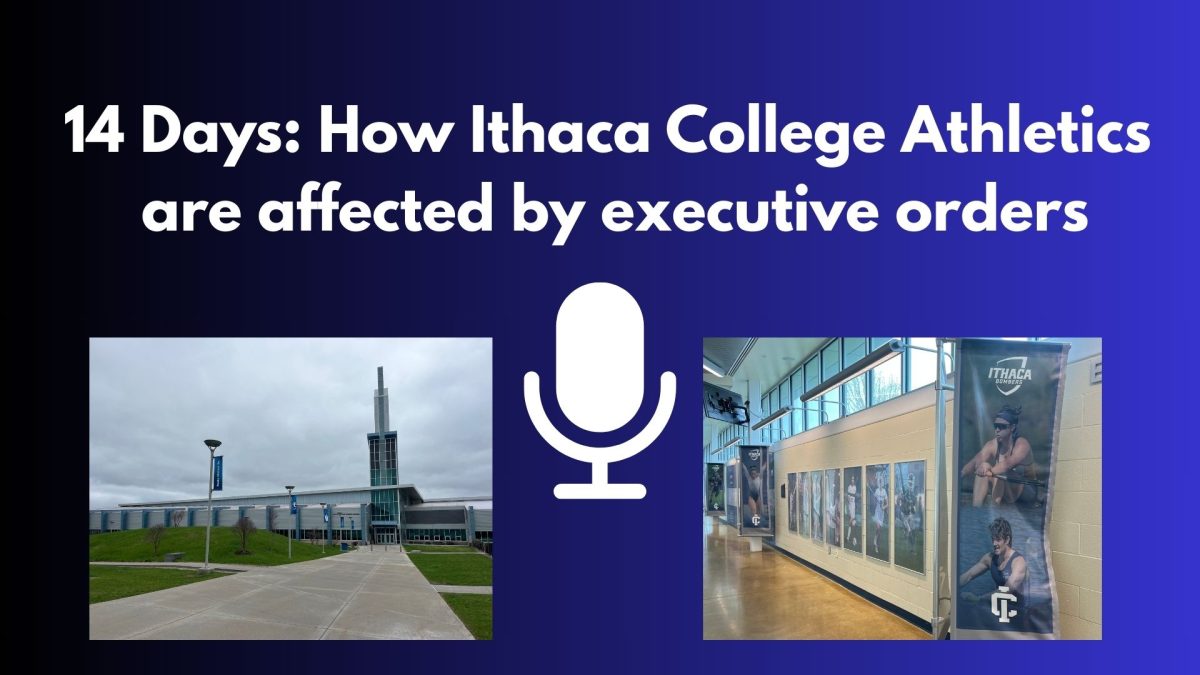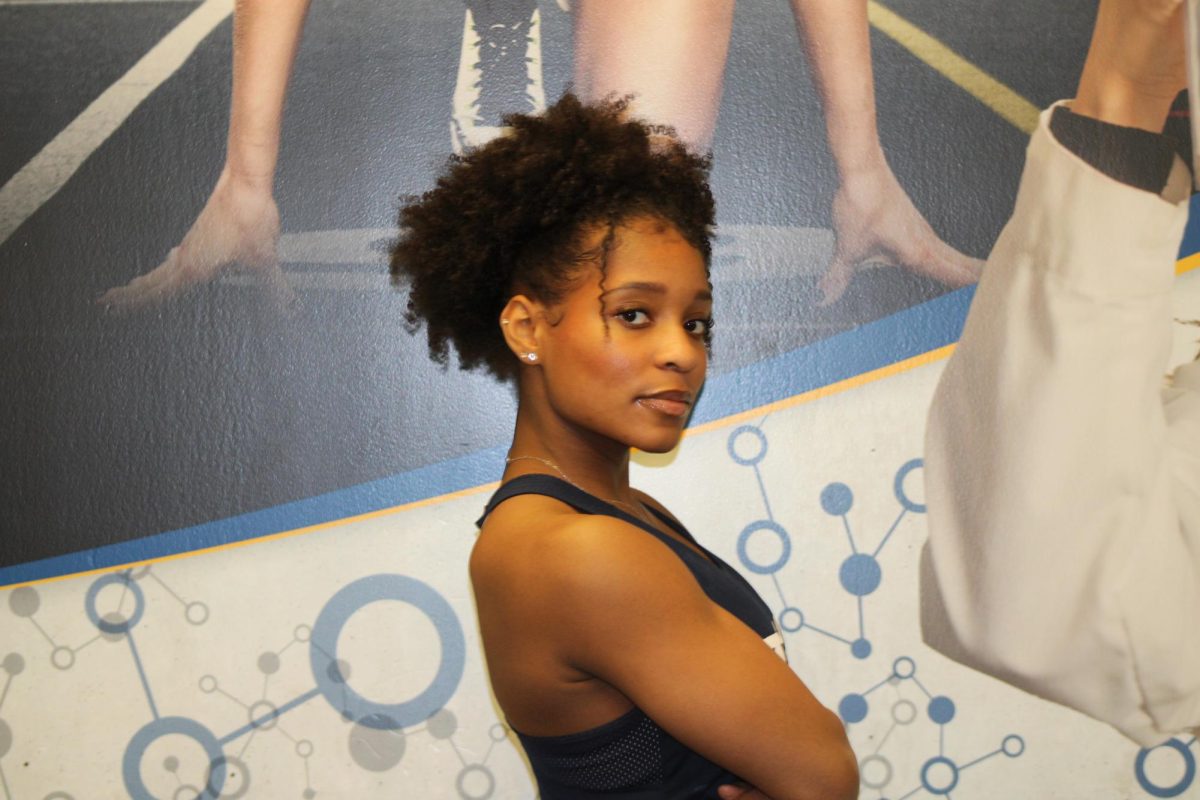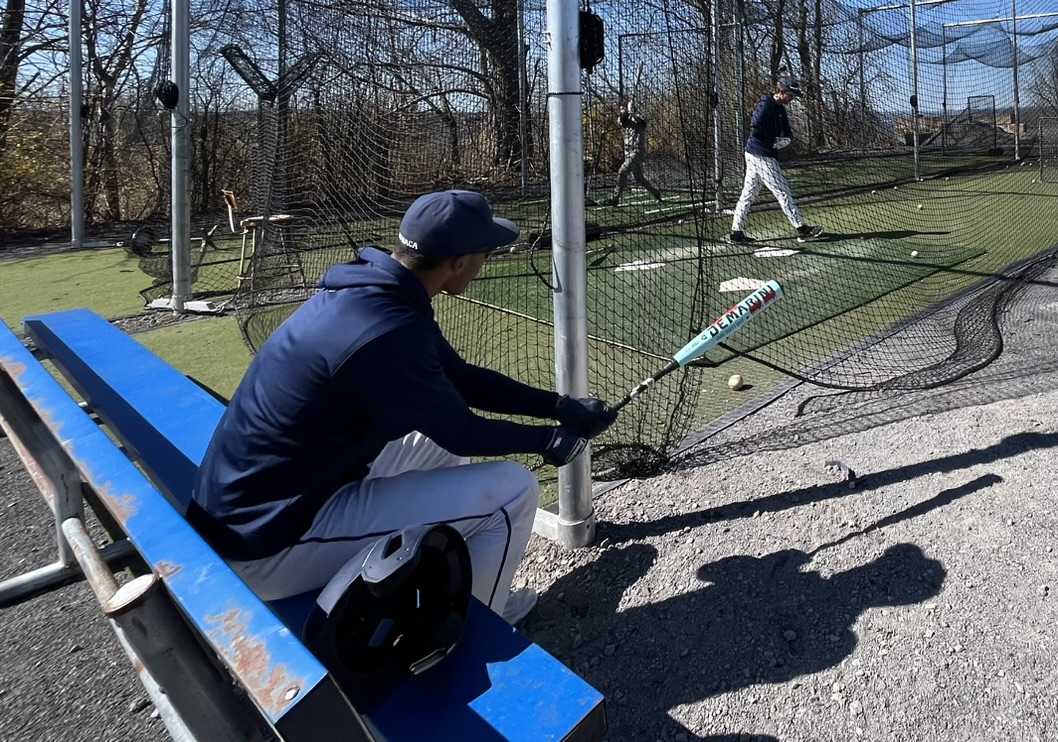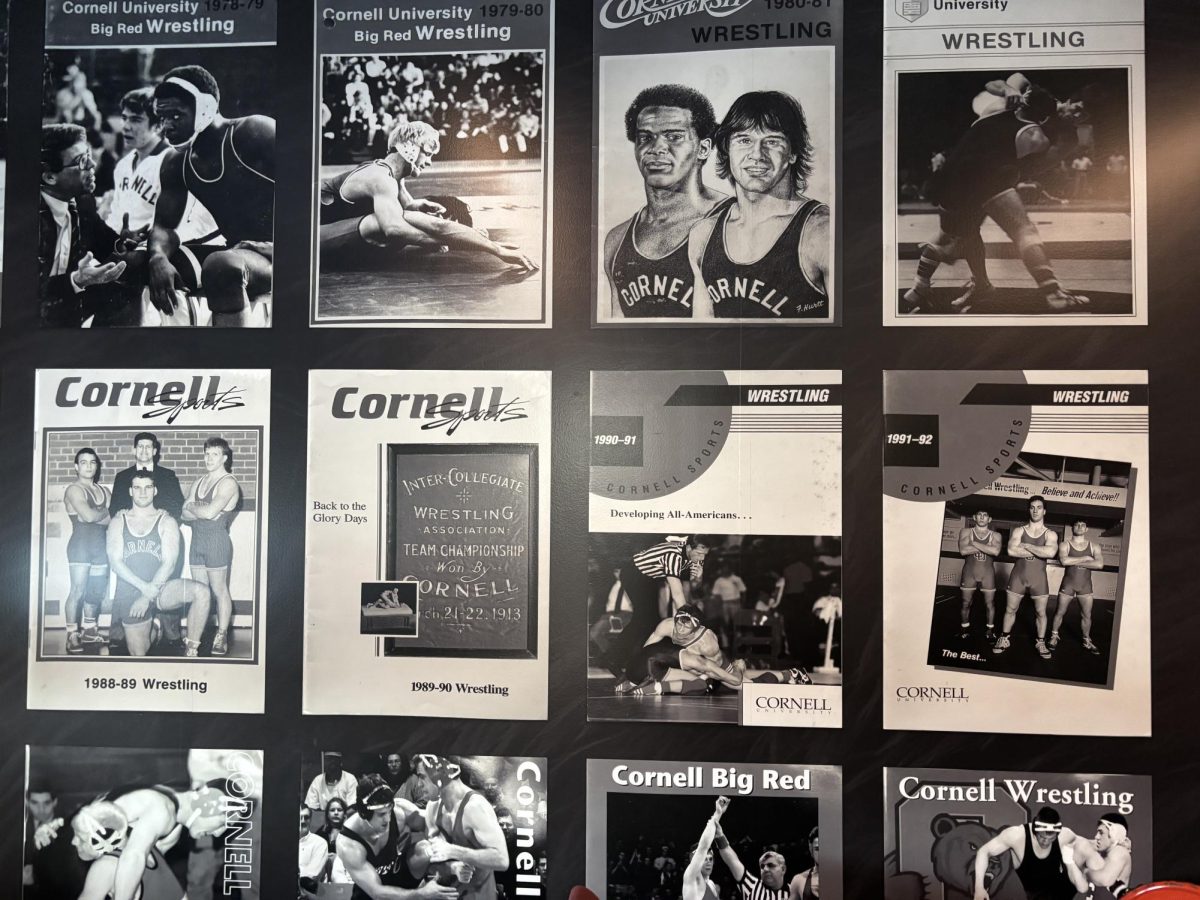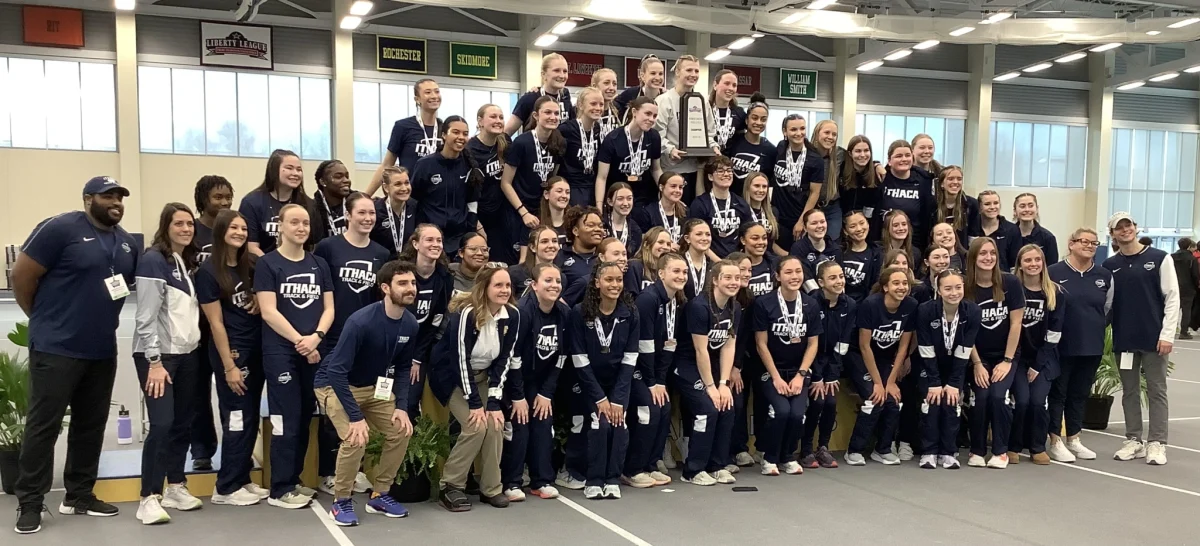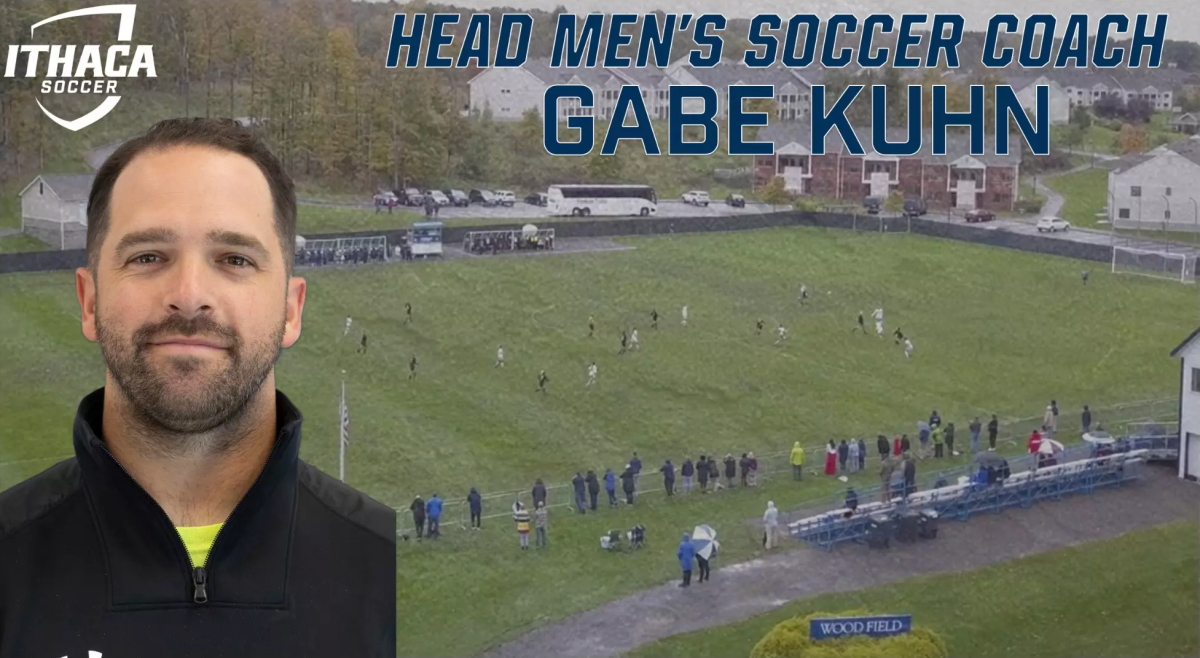Binghamton student debaters Anna Pinchuk, who hails from Ukraine, and Raul Jesus Cepin, whose family is originally from the Dominican Republic, strayed from the normal practice of focusing the debate on a federal government policy action and instead drew attention to their personal experience as ‘others’ in the world of American policy making.
“What was really new about our argument was that it really was about our international perspective. It wasn’t just about ‘white fear, black fear’ it’s more about our personal experience,” Pinchuk said.
According to Dan Powers, one of the students on the Cornell University team that won the Open division in policy debate, debating from a perspective of personal experience can cause difficulties for the opposing team, however.
“I think those are really interesting arguments and I enjoy debating them and how they introduce a lot of things I really don’t encounter much in school or traditional policy debates. But I think that having those arguments on the affirmative can make it difficult to really prepare effective arguments against them,” Powers said. “You’re being forced sometimes to negate someone’s personal experience and it’s not really a position that I feel very comfortable doing.”
The tournament was host to two different styles of debate: Worlds style, which consisted of six main rounds and three elimination rounds, and Policy style, which consisted of six main rounds and four elimination rounds and was split into three divisions: Novice, JV and Open.
The policy debate resolution that will be the basis for all of the policy plans brought forth by students in debates for the rest of the season, was unveiled at the tournament.
“This year, the resolution is about whether or not presidential war powers will be restricted and policy debate will take care of debating the same resolution for the entirety of the year,” Joe Leeson-Schatz, the Binghamton University debate coach and tournament administrator, said. “The Worlds style debate changes the debate topic every individual debate round in order to focus on learning different topics.”
There was not generally very much debating from personal experience when it came to Worlds style debaters, said John Adams, coordinator for the Colgate University Speaking Union.
But many of the topics debated by Worlds style students at the tournament were geared toward subjects of national interest, like Edward Snowden.
Pinchuk hopes that using personal and more international/national perspective in debate will engage the community more effectively. To her, it’s not about the competition as much as it is about the discussion behind it:
“It’s not about being competitive, and wanting the ballot and using it just as a benefit but more to engage people on a different level and making it real. We want to discuss what is happening in the real world, and who we are as people, as individuals.”

